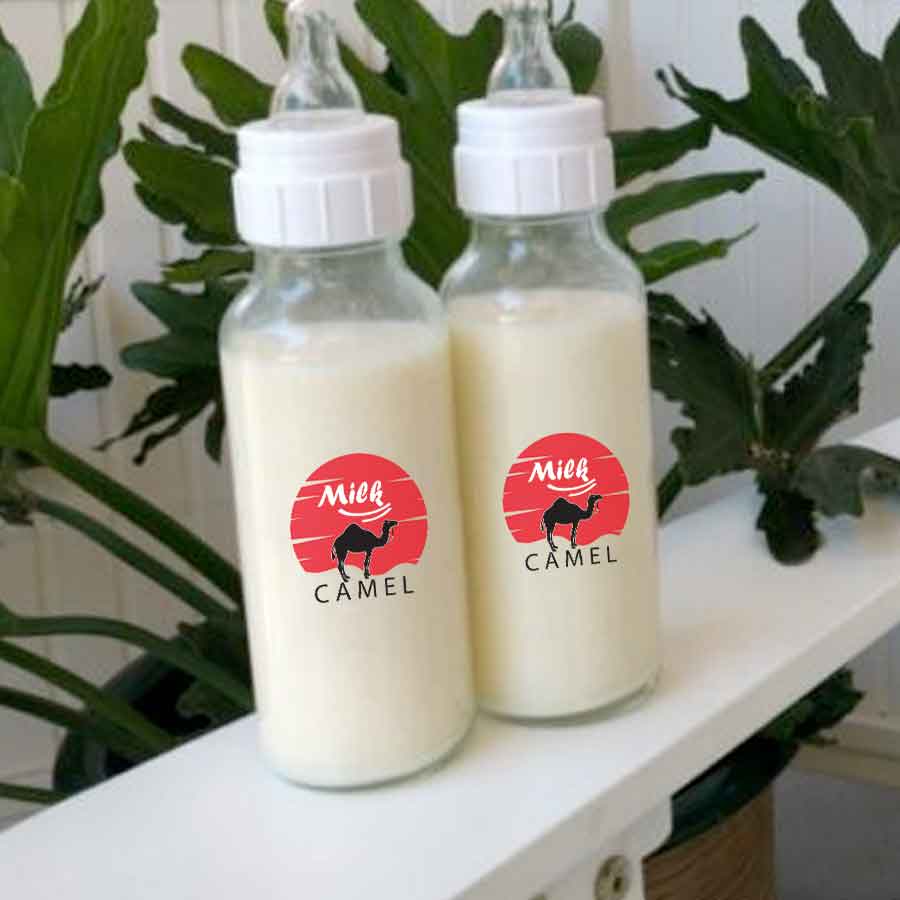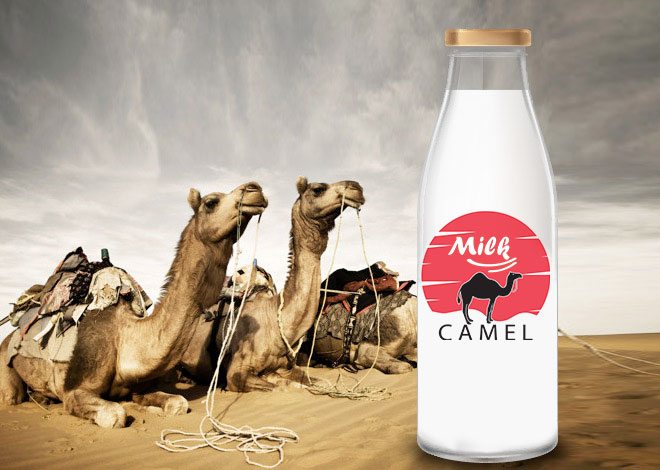Menu
Camel milk has been consumed for centuries in various cultures and is known for its rich nutritional profile and potential health benefits. However, when it comes to infants, parents often wonder whether camel milk is a safe and suitable option. This article explores the safety and benefits of camel milk for babies, the appropriate age for introduction, and important considerations for parents.
Understanding Camel Milk: Camel milk is a natural source of essential nutrients, including proteins, vitamins, minerals, and fatty acids. It is known for its unique composition, which differs significantly from cow’s milk and other common dairy alternatives. Camel milk is low in lactose, making it a potential option for individuals with lactose intolerance. It also contains higher levels of certain immunoglobulins and antimicrobial agents that contribute to its health benefits.
Is Camel Milk Safe for Infants? While camel milk offers numerous health benefits for adults, its safety for infants requires careful consideration. The World Health Organization (WHO) and pediatric health experts generally recommend exclusive breastfeeding for the first six months of a baby’s life, as breast milk provides the ideal balance of nutrients and antibodies necessary for an infant’s growth and development. However, in situations where breastfeeding is not possible or additional supplementation is needed, parents often explore alternative options.
Key Considerations for Introducing Camel Milk to Infants:
1.Age Appropriateness:
2.Nutritional Balance:
3.Digestibility:
4.Allergenic Potential:
5.Pasteurization:
Benefits of Camel Milk for Infants:
1.Immune Support:
2.Growth and Development:
3.Gut Health:
While camel milk can offer several health benefits, its introduction into an infant’s diet should be approached with caution and under the guidance of a pediatrician. For babies older than one year, camel milk can be a nutritious addition to a balanced diet, provided it is pasteurized and introduced gradually. Parents should ensure that their child receives a well-rounded diet that meets all essential nutritional needs for optimal growth and development.
By considering the age appropriateness, nutritional balance, and potential allergens, parents can make informed decisions about incorporating camel milk into their baby’s diet. As with any dietary change, close monitoring and consultation with healthcare professionals are essential to ensure the safety and well-being of the infant.

We take pride in offering you the finest camel milk sourced directly from the heart of Qatar. Our commitment to quality, sustainability, and ethical production practices ensures that every drop of camel milk you enjoy is of the highest standard.
